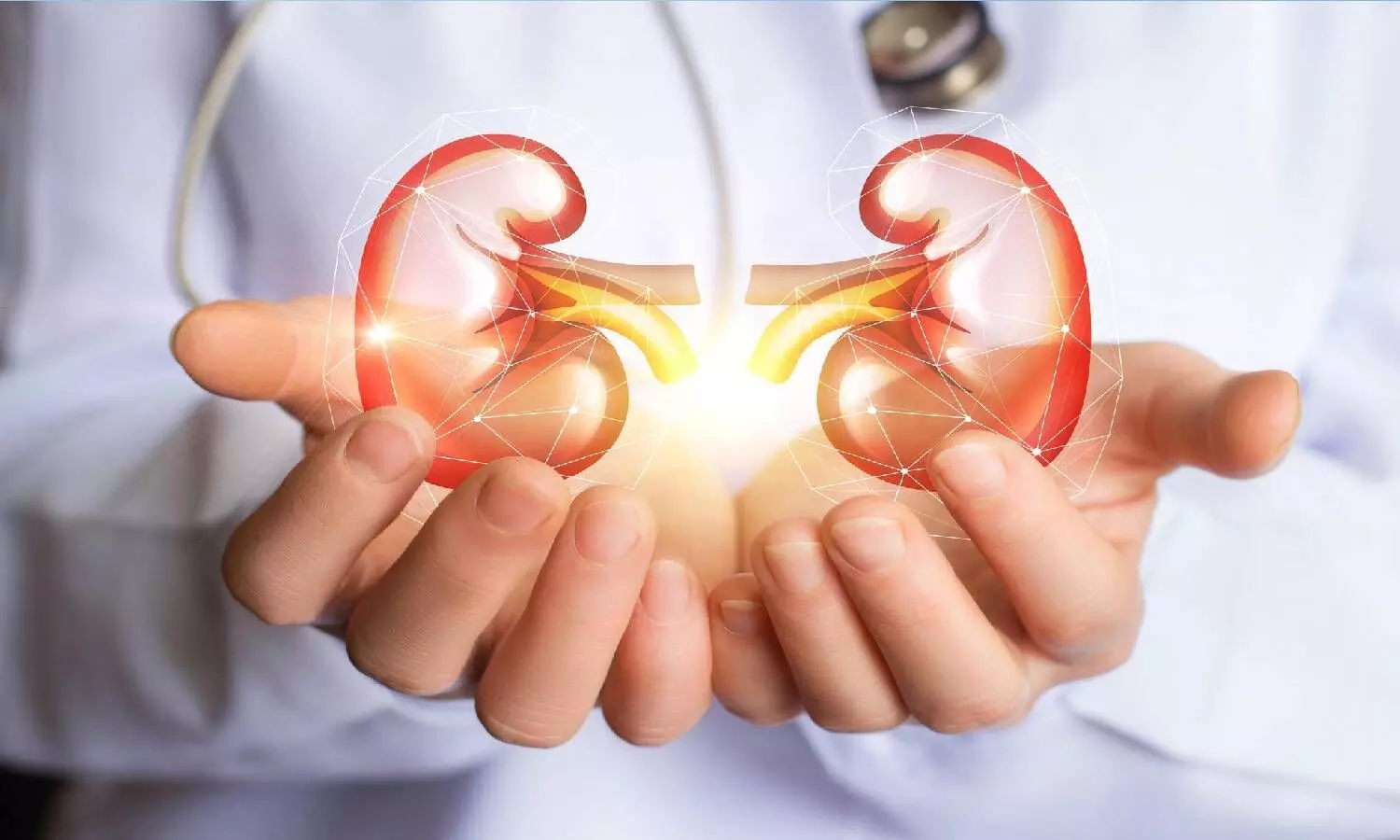How to keep your kidneys healthy
Kidney diseases are silent killers, which can largely affect your quality of life. There are several ways to reduce the risk of developing kidney disease.
By Dr Aswini Kumar Panigrahi
Kidney diseases are silent killers, which can largely affect your quality of life. There are several ways to reduce the risk of developing kidney disease.
1. Keep fit, be active
This can help to maintain ideal body weight, reduce your blood pressure and the risk of Chronic Kidney Disease (CKD)
2. Eat a healthy diet
This can help to maintain ideal body weight, reduce your blood pressure, prevent diabetes, heart disease, and other conditions associated with Chronic Kidney Disease.
Reduce your salt intake. The recommended sodium intake is 5-6 grams of salt per day. This includes the salt already in your foods (around a teaspoon). To reduce your salt intake, try and limit the amount of processed and restaurant food and do not add salt to food.
3. Check and control your blood sugar
About half of people who have diabetes do not know they have diabetes. Therefore, you need to check your blood sugar level as part of your general body checkup. This is especially important for those who are approaching middle age or older. About half of people who have diabetes develop kidney damage, but this can be prevented/ limited if the diabetes is well controlled. Check your kidney function regularly with blood and urine tests.
4. Check and control your blood pressure
About half of people who have high blood pressure do not know they have high blood pressure. Therefore, you need to check your blood pressure as part of your general body checkup. This is especially important for those who are approaching middle age or older. High blood pressure can damage your kidneys. This is especially likely when associated with other factors like diabetes, high cholesterol, and Cardio-Vascular Diseases. The risk can be reduced with good control of blood pressure.
The normal adult blood pressure level is 120/80. Hypertension is diagnosed if, when measured on two different days, the systolic blood pressure readings on both days are ≥140 mmHg and/or the diastolic blood pressure readings on both days is ≥90 mmHg (WHO).
5. Take the appropriate fluid intake
The right level of fluid intake for any individual depends on many factors including exercise, climate, health conditions, pregnancy and breastfeeding.
Normally this means 8 cups, approximately 2 liters (quarts) per day for a healthy person in a comfortable climate condition.
This needs to be adjusted when in severe climate conditions. Your fluid intake may need to be adjusted if you have kidney or heart or liver disease. Consult your doctor on the appropriate fluid intake for your condition.
6. Don't smoke
Smoking slows the flow of blood to the kidneys. When less blood reaches the kidneys, it can decrease their ability to function normally. Smoking also increases the risk of kidney cancer by about 50 percent.
7. Don't take over-the-counter anti-inflammatory/pain-killer pills regularly
Common drugs such as non-steroidal anti-inflammatory (NSAIDS)/ pain-killer (e.g. drugs like ibuprofen) can harm the kidneys if taken regularly.
If you have kidney disease or decreased kidney function, taking just a few doses can do harm to your kidneys. If in doubt, check with your doctor or pharmacist.
8. Get your kidney function checked if you have one or more of the high-risk factors
• You have diabetes
• You have hypertension
• You are obese
• You have a family history of kidney disease
| Dr Aswini kumar PanigrahiConsultant Nephrologist Apollo Hospitals, Jubilee Hills Ph no 6303755031 Email: nephroaswini@gmail.com |